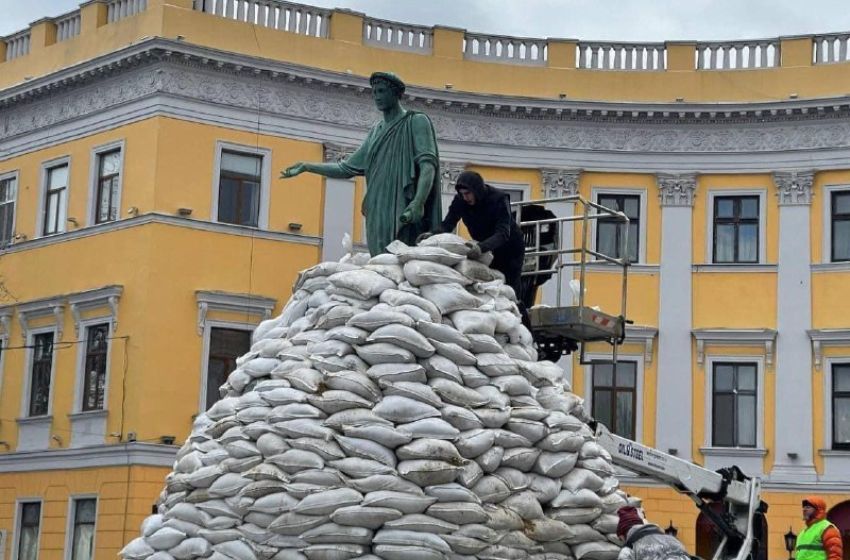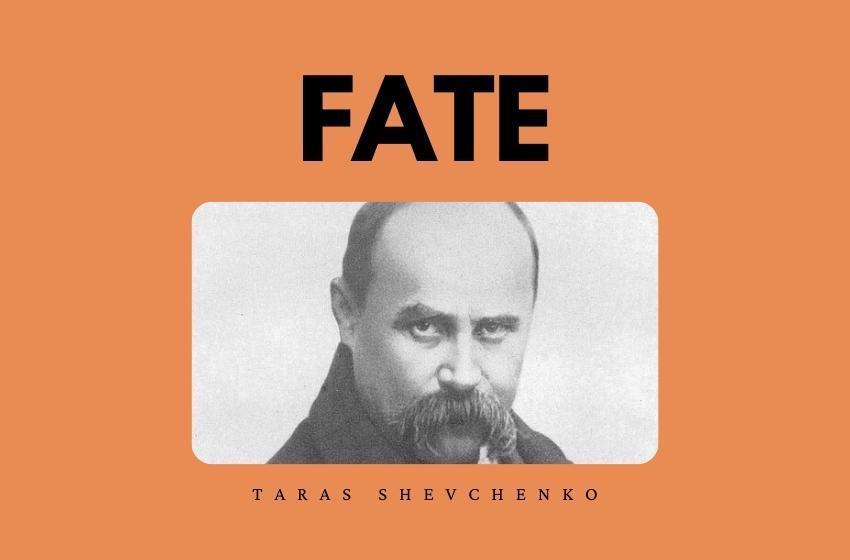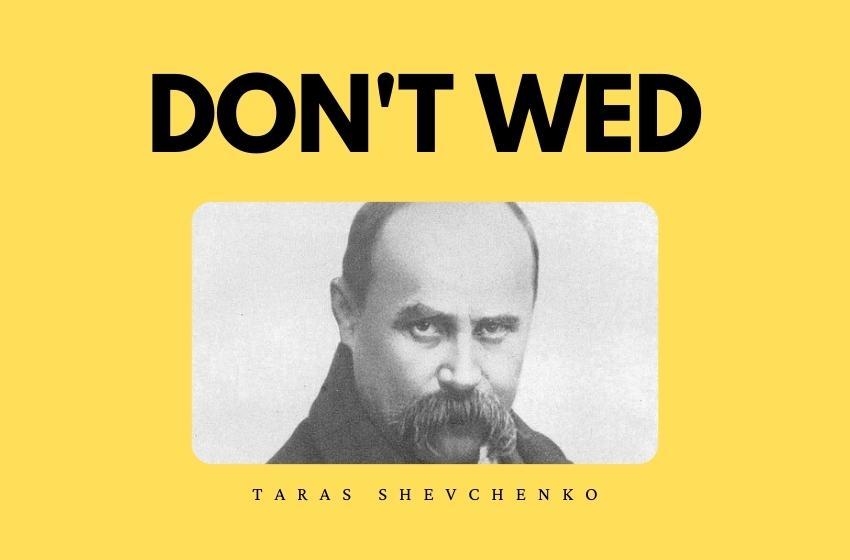Consonant with Babel’s background and milieu, his early stories explored the gritty middle-class world of a modern Russian city whose inhabitants often operated at, or over, the margins of propriety and law—such as a small-time Jewish merchant Elya Isaakovich moving in with a prostitute Margarita Prokofievna to avoid deportation.
Gershkovich came out of the police chief's office with a heavy heart. He had been informed that if he didn’t leave Oryol on the tirst train, he would have to leave town in a chain gang. And leaving meant he would lose business.
With briefcase in hand, gaunt, unhurried, he walked down the dark street. At the corner, a tall female figure called out to him, “Will you come with me, sweetie?â€
Gershkovich raised his head, looked at her through his shimmering spectacles, thought it over, and guardedly said, ‘Til come.â€
The woman took him by the arm. They walked around the corner. “So
where will we go? To a hotel?â€
“I want something for the whole night,†Gershkovich answered. “How about your place?â€
“That’ll cost you three rubles, Papa.â€
“Two,†Gershkovich said.
“Not worth my while, Papa!â€
• • •
He managed to haggle her down to two-and-a-half rubles. They began walking.
The prostitutes room was small, nice, and clean, with frayed curtains and a pink lamp.
When they entered, the woman took off her coat, unbuttoned her blouse, and winked at him.
“Hey!†Gershkovich said, knitting his brow. “Stop messing around!â€
“You’re in a bad mood, Papa.â€
She came over and sat on his knee.
“Well, I’ll be damned!†Gershkovich said. “You must weigh at least five poods"
“Four-point-three pood.â€
She gave him a long kiss on his graying cheek.
• • •
“Hey!†Gershkovich said, knitting his brow again. “I’m tired, I want to go to sleep.â€
The prostitute stood up. Her face had become hard.
“You a Jew?â€
He looked at her through his spectacles and answered, “No.†“Papa,†the prostitute said slowly, “that’ll be ten rubles.â€
He got up and walked to the door.
“Five,†the woman said.
Gershkovich came back.
“Make up the bed for me,†the Jew said wearily, then took off his jacket and looked for a place to hang it. “Whats your name?â€
“Margarita.â€
“Change the sheets, Margarita.â€
The bed was wide and covered with a soft eiderdown.
Gershkovich slowly started undressing. He took off his white socks, stretched his sweaty toes, locked the door with the key, put the key under his pillow, and lay down. Margarita yawned, and slowly took off her dress, squinted, squeezed out a pimple on her shoulder, and began plaiting a thin braid for the night.
“Papa, whats your name?â€
“Eli. Elya Isaakovich.â€
“A tradesman?â€
“Well, if you want to call it a trade ...†Gershkovich answered vaguely.
Margarita blew out the night-light and lay down. . . .
“Well, 111 be damned!†Gershkovich said. “Thats a whole lot of woman here.â€
Soon they were asleep.
• • •
Next morning the suns bright light filled the room. Gershkovich woke up, dressed, and walked to the window.
“We have sea, and you have fields,†he said. “Great.â€
“Where you from?†Margarita asked.
“Odessa,†Gershkovich answered. “The number-one town, a good town.†And he smiled slyly.
“It looks like you pretty much feel nice and fine everywhere,†Margarita said.
“You can say that again,†Gershkovich said. “Wherever there’s people it’s nice and fine.â€
“You’re such a fool!†Margarita said, propping herself up on the bed.
“People are evil.â€
“No,†Gershkovich said. “People are good. They’ve been taught to think that they’re evil, and they ended up believing it.â€
Margarita thought for a while, and then smiled.
“You’re funny,†she said slowly, and she ran her eyes carefully over him.
“Turn around, I’m going to get dressed.â€
Then they ate breakfast, drank tea with hard rolls. Gershkovich taught Margarita how to spread butter on a roll in a special way and to put the sausage on top.
“Try it! Though I have to be on my way now."
“Here are three rubles for you, Margarita,†he said on his way out.
“Believe me, rubles don’t come easy nowadays.â€
Margarita smiled.
“You skinflint, you! So give me three. You coming back this evening?â€
“Yes, I am.â€
That evening Gershkovich brought dinner with him—a herring, a bottle of beer, sausages, apples. Margarita was wearing a dark, high-buttoned dress. They talked as they ate.
“Nowadays you can’t get by on fifty rubles a month,†Margarita said.
“And what with this job, if you dont dress up, you dont get no cabbage soup. You have to take into account that I have to pay fifteen for this room.â€
“Back in Odessa,†Gershkovich said pensively, straining to cut the herring into equal parts, “for ten rubles you can get a room in the Moldavanka fit for a Czar.â€
“You have to take into account that people tumble all over the place in my room, what with the drunks and everything.â€
“Every man must bear his burden,†Gershkovich said, and started talking about his family, his faltering business dealings, his son who had been called up by the army.
Margarita listened, resting her head on the table, and her face was attentive, quiet, and thoughtful.
After supper, he took off his jacket, painstakingly wiped his spectacles with a piece of cloth, and sat down at the table to write some business letters. Margarita washed her hair.
Gershkovich wrote unhurriedly, carefully, raising his eyebrows, stopping to think, and when he dipped his pen into the inkwell, he never once forgot to shake off the extra ink.
After he finishing writing he had Margarita sit down on his notebook.
“Well, Til be damned, but you sure are a lady with bulk! Do me a favor and keep sitting there, Margarita Prokofievna.â€
Gershkovich smiled, his spectacles shimmered, and his eyes became small, more sparkling, full of laughter.
The next day he left town. As he paced up and down the platform, a few minutes before the train was to leave, Gershkovich noticed Margarita walking quickly toward him with a small parcel in her hands. There were pies in the parcel, and oily blotches had seeped through the paper.
Margaritas face was red, pitiful, her chest agitated from walking so quickly.
“Greetings to Odessa!†she said. “Greetings. . . .â€
“Thank you,†Gershkovich answered.
He took the pies, raised his eyebrows, thought about something for a moment, and bent forward. The third bell rang. They stretched their hands out to each other.
“Good-bye, Margarita Prokofievna.â€
“Good-bye, Elya Isaakovich.â€
Gershkovich went inside the railway car. The train began moving.
Translated by Peter Constantine
1916





















